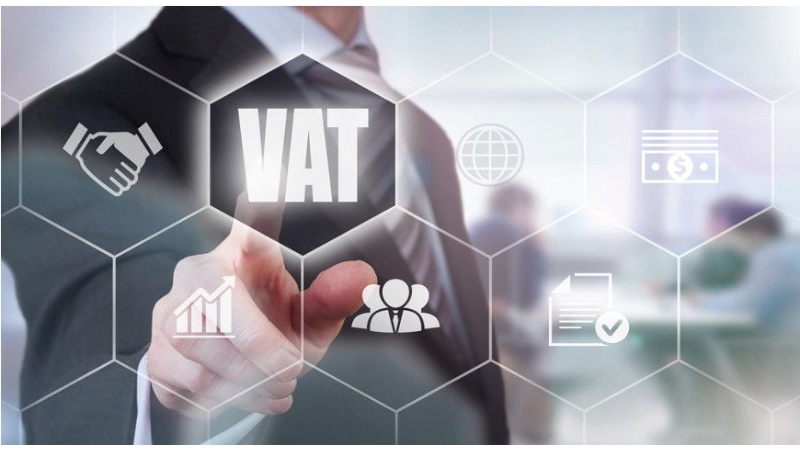Business
EU Executive Suggests Changing the VAT for Financial Companies

Plans revealed by the European Commission on Wednesday to refund sales taxes to insurers, mortgage lenders, and banks could save millions of euros and help lower the cost of financial products for consumers.
However, EU Tax Commissioner Laszlo Kovacs has already issued a warning, stating that it might take some time for the plan to resolve disparities in the value-added tax (VAT) system to gain support from all 27 of the bloc’s members and become law.
Financial service providers and insurers are not allowed to charge VAT on their offerings under EU VAT legislation, but they are still required to pay the tax on any goods or services they purchase for themselves.
VAT is a tax on the final consumer, so non-financial companies do not pay it on goods and services they buy.
Insurance and banking companies claim that having to raise customer prices to recover VAT damages their profit margins.
Due to the centralization of the financial services sector, the VAT exemption had little effect when it was implemented in 1977. However, as a result of cross-border mergers, product distribution online, task outsourcing, and group purchases of IT services, the sector has been campaigning for change.
The package introduced by Kovacs on Wednesday eliminates the financial services VAT exemption and makes clear which services are subject to the revision. The Commission started the review process in 2005.
Among the main features of the package are:
— Enabling a company to exercise its right to complete taxation and to deduct input VAT in the same manner as other businesses.
— Companies will have the ability to combine their investments and reassign to group members the purchases that are VAT-exempt.
Known as a cost-sharing vehicle, it would enable businesses to use economies of scale to reduce the cost of procurement. For example, IT systems could be purchased in one EU member state and the associated expenses distributed among the company’s various EU operations.
Savings of hundreds of millions of euros, according to one of the leading insurers in Europe.
According to Philip Scott, group finance director at Aviva, “the proposed modernization, once refined and delivered, should benefit insurers, consumers, and the economy as a whole.”
Certain EU states might not be persuaded that the measure will be “fiscally neutral” or that other means, like higher corporate tax through increased product sales, won’t be used to offset the loss of tax revenue.
Financial services firms contend that having the ability to recover VAT would level the playing field with competitors from outside the EU who are exempt from paying sales tax.
-

 Business3 weeks ago
Business3 weeks agoPrakash and Kamal Hinduja: Driving Social and Environmental Change
-
Education4 weeks ago
Fred DuVal: University Leadership as a Critical Resource for Climate Change Research and Life-Saving Solutions
-

 Health3 weeks ago
Health3 weeks agoThe Hinduja Brothers Commitment to Global Health: Empowering Communities Across Borders
-

 Cryptocurrency3 weeks ago
Cryptocurrency3 weeks agoDesigned For The Masses: How Akasha (AK1111) Is Unlocking Crypto For The Next Billion Users
-

 Cryptocurrency4 weeks ago
Cryptocurrency4 weeks agoNexaglobal & Future World Token (FWT): Could This Be the Next Big Crypto Investment of 2025?
-

 Startup2 weeks ago
Startup2 weeks agoCost-Saving Strategies Every Small Business Owner Should Know to Boost Efficiency
-

 Startup3 weeks ago
Startup3 weeks agoMatthew Denegre on the Art of Deal Sourcing: Finding the Right Investment Opportunities
-

 Health2 weeks ago
Health2 weeks agoSt. John’s Community Health Examines Innovations in Pharmacy Access

















